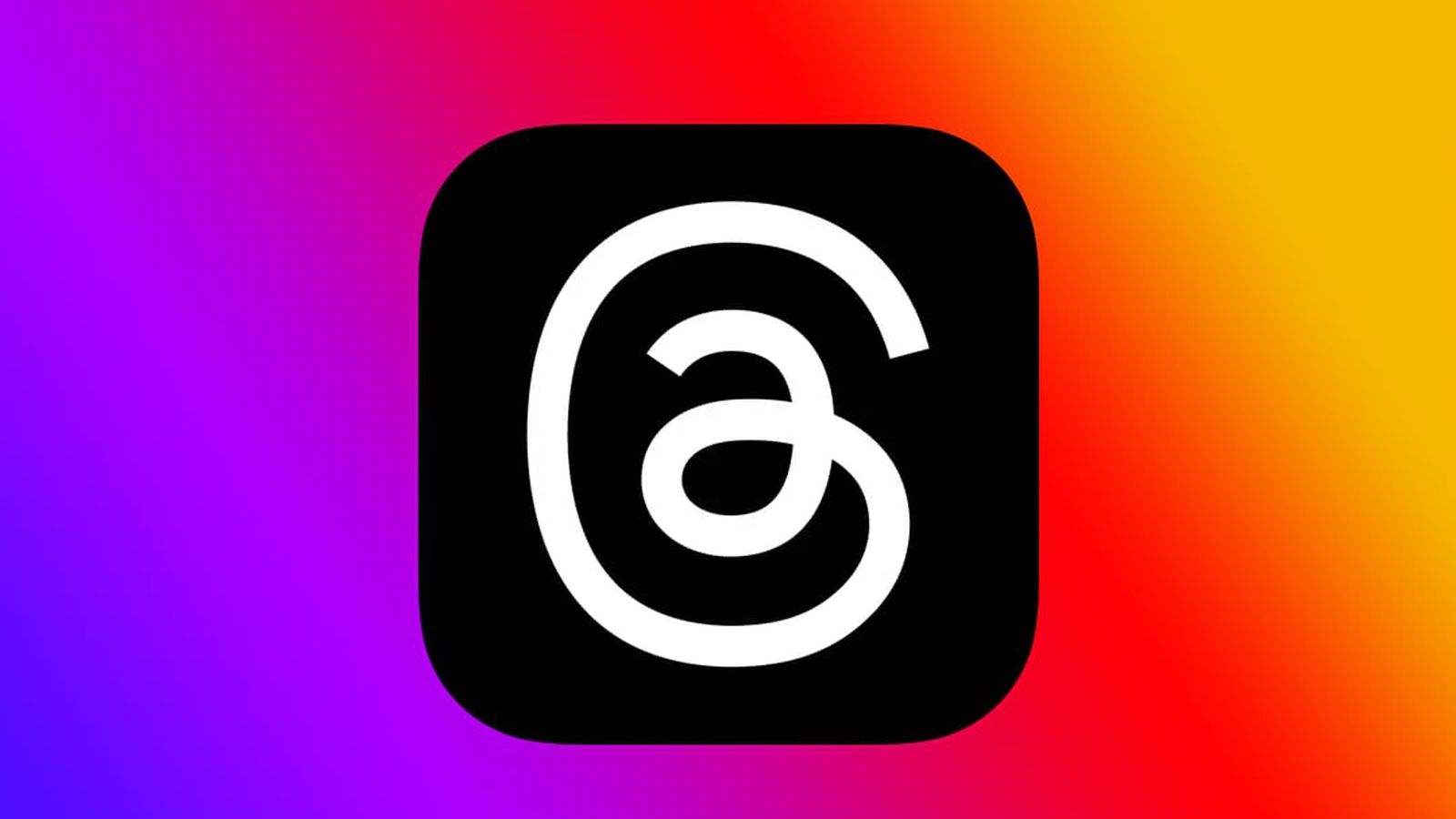The Killer Web App for Threads
The Killer Web App for Threads
Threads Goes Web: Meta’s Next Move in Social Media Innovation
The much-anticipated web version of Threads, the text-based social network launched by Meta as a part of Instagram, is finally here. Mark Zuckerberg, the CEO of Meta, recently announced that Threads for the web would be rolling out over the next few days, and now some lucky users already have access to the web version.
When Threads was initially released in early July, it gained significant traction due to the seamless transfer of Instagram profiles. In just five days, a staggering 100 million people signed up. Even Adam Mosseri, Instagram’s project lead, expressed his astonishment, stating, “I’m not sure I can wrap my mind around that fact. It’s insane; I can’t make sense of it” in a Thread.
But Threads was never a complete product. It is expected to be compatible with ActivityPub, an open social networking protocol, but that integration hasn’t happened yet. Additionally, the app does not currently support direct messages, a popular feature on rival platform Twitter. Moreover, due to regulatory constraints, Threads is currently unavailable in the European Union.
Now, with the web version of Threads, Meta aims to make the app more widely accessible. Although most users will still predominantly access it through their mobile devices, this expansion to web browsers is an important step in Meta’s goal to establish Threads as a strong competitor to other social media platforms like Twitter, Bluesky, Mastodon, Spoutible, and Post.
However, Meta faces the challenge of re-engaging users. After the initial surge of sign-ups in July, Threads experienced a significant drop in daily active users. Market intelligence firm Sensor Tower reports a decline of over 60% from the first-week average. Although there has been a recent upward trend, with an increase of 11 million daily active users, the time spent on the app per user has decreased.
The mobile-only nature of Threads poses a challenge for both regular users and researchers alike. Media scholar and internet activist, Ethan Zuckerman, highlights the difficulty of studying mobile-only apps for academic research. Unlike websites that can be analyzed through monitoring network traffic and examining source codes, mobile apps provide limited access and insights.
To address this issue, data journalist and engineer Surya Mattu suggests the implementation of an “inspectability API” that enables people to export data from apps for research purposes. However, it’s crucial to note that the mere availability of a web version doesn’t necessarily guarantee openness and data accessibility. Notably, Twitter barred free API access, enforcing exorbitant charges to access its tools and data.
With regard to advertising potential, the arrival of Threads on the web is unlikely to have a significant impact. The dominance of mobile advertising, accounting for 73.5% of total internet ad revenues, reflects the preference for reaching users on their mobile devices. Additionally, ad blockers further reduce the effectiveness of web-based advertising. Mobile, therefore, remains the more viable platform for ad campaigns.
The launch of the web version of Threads brings a sense of relief to those who prefer to access social media on their laptops or desktops rather than solely relying on their mobile devices. It also opens up opportunities for researchers and scholars to conduct in-depth studies, gaining insights into user behavior and the overall dynamics of the platform.
Twitter, known for its ability to facilitate both intimate conversations within communities and broad content dissemination, heavily relied on its web interface. Therefore, the expansion of Threads to web browsers allows it to accommodate more users, creating a room slightly larger on the vast land of Meta’s social media empire.
In this fast-paced world of technology, Meta continuously strives to innovate and capture users’ attention. By launching Threads on the web, Meta aims to strengthen the position of Threads as a unique social networking platform, drawing users away from competing apps and providing an alternative space for conversations and interactions online.
Images:  Caption: Threads, the text-based social network launched by Meta.
Caption: Threads, the text-based social network launched by Meta.
 Caption: Meta’s Threads might influence the dynamics of the Fediverse.
Caption: Meta’s Threads might influence the dynamics of the Fediverse.
 Caption: Threads may call for a pause in the search for a “New Twitter.”
Caption: Threads may call for a pause in the search for a “New Twitter.”
 Caption: Threads introduces six app settings worth exploring.
Caption: Threads introduces six app settings worth exploring.
Source: Original Wired Article






